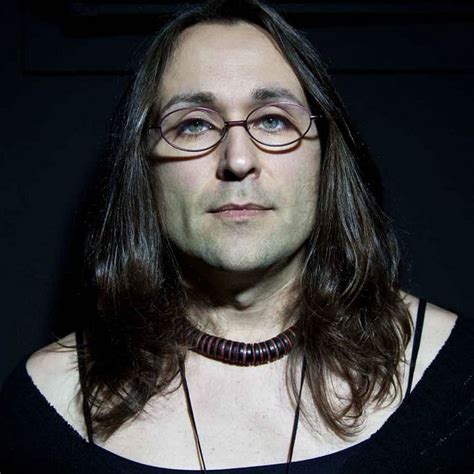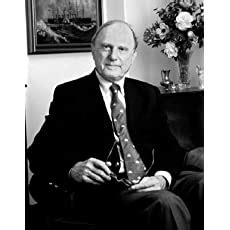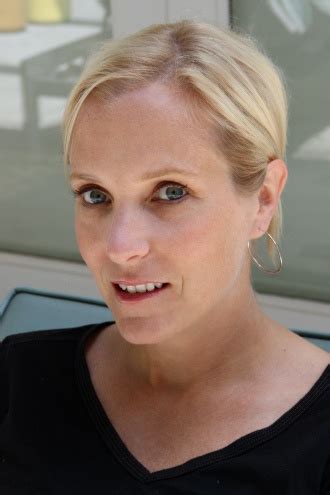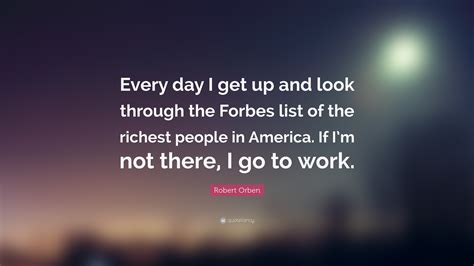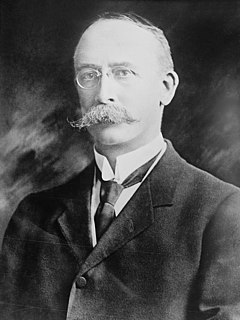A Quote by Terre Thaemlitz
Within legal enforcement of "morality," there is no sense of how to morally, ethically, or fairly help people live safer lives. It's all about banishment or punishment or forced destitution - all of which creates more desperation, and more social risk-taking by people in moments of crisis.
Related Quotes
... if you know a person really well, the truth is you can't guess how they'll act in an altogether new sort of crisis. ... intimacy creates a special environment for two people, and the deeper the intimacy, the more they both live within it, the closer its boundaries usually are, so that all that lies beyond them becomes with time not less but more and more of a mystery.
Most people can look back over the years and identify a time and place at which their lives changed significantly. Whether by accident or design, these are the moments when, because of a readiness within us and a collaboration with events occurring around us, we are forced to seriously reappraise ourselves and the conditions under which we live and to make certain choices that will affect the rest of our lives.
I think people are much more concerned about money now. There aren't the big advances of the past. You feel the sense of nervousness about the book industry. It's not like before. Not that I knew very much about what it was like because I was a newcomer to it, but I get that feeling that people are more conservative in their book choices and what they are going to publish and what's a sure sell. As opposed to - just like in the economy - a sense of luxury and sense of risk taking ten years ago.
When you are thinking about whether you have an obligation to try to save people's lives, you don't usually think, well, how close by are they? Understanding what we are reacting to can change the way we think about the problem. If, biologically, morality evolved to help us get along with individuals in our community, it makes sense that we have heartstrings that can be tugged - and that they are not going to be tugged very hard from far away. But does that make sense? From a more reflective moral perspective, that may just be a cognitive glitch.
Anyday, one can walk down the street in a big city and see a thousand people. Any photographer can photograph these people - but very few photographers can make their prints not only reproductions of the people taken, but a comment upon them - or more, a comment upon their lives - or more still, a comment upon the social order that creates these lives.
It seems evident that the more profound, helpful, and meaningful way to protect people is to dismantle the morality code, and grant people the freedom to openly organize without legal risks - rather than attempting to legally regulate everything, which will always enact social exclusions at some level.
It takes courage to care for others, because people who care run the risk of being hurt. It's not easy to let your guard down, open your heart, react with sympathy or compassion or indignation or enthusiasm when usually it's much easier-and sometimes much safer-not to get involved. People who take the risk make a tremendous discovery: The more things you care about, and the more intensely you care, the more alive you are.
We have a legal system, and this is not something that happens all the time. We have capital punishment. America has capital punishment. Iran has capital punishment. Iran hangs people and leaves their bodies hanging on cranes. Iran put to death more than a thousand people last year. I don't see EU reporting on it.
Once you start to ask patients about their priorities, you discover what they're living for. Once you uncover that, it helps you, as a doctor, decide what to fight for. And when we do that, we often end up identifying limits to the kind of care that people want. One's assumption is that these people are going to live shorter lives, but what we're doing is protecting quality of life. In doing so, you sometimes end up helping people live longer. Certainly, you help people live better days and with more purpose in their lives.
